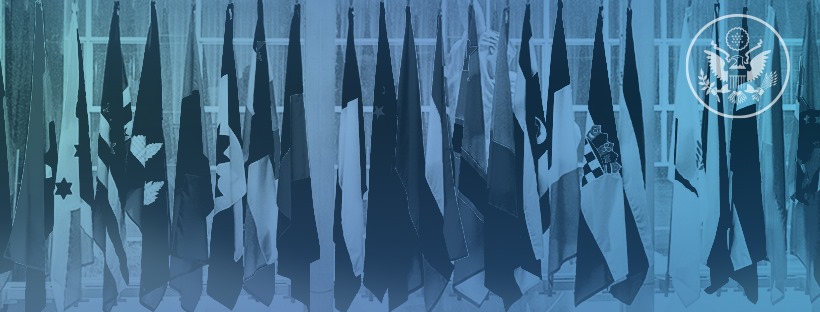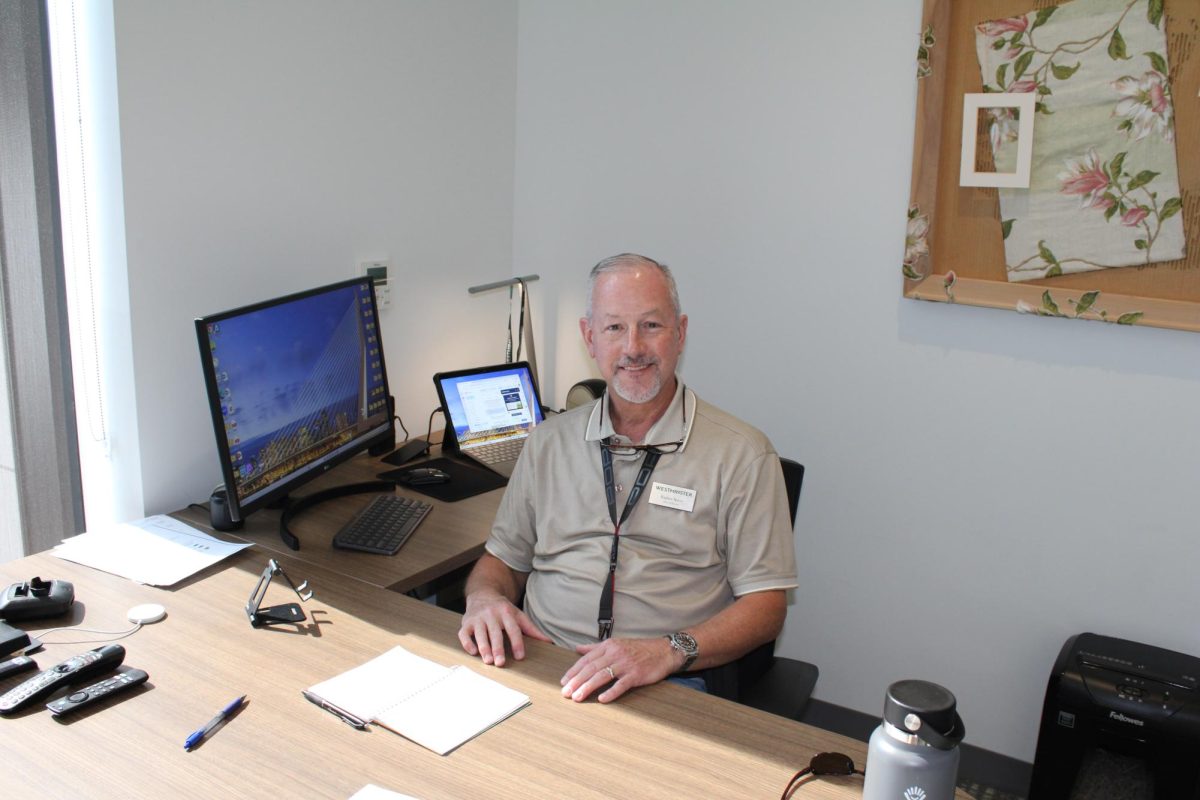“All my life, it was my dream to come to America, even when I was a kid,” said Aisha Egal. “But I never thought I would come to the United States the way I came.”
Egal, who is one of Westminster’s most loving and involved staff members, recently attained her U.S. citizenship. For those who are not familiar with her, she can be identified by her ever-present smile, and can always be found around campus—whether she is working as part of Westminster’s security staff or cheering at a sports game. Her natural charisma draws in many students and faculty, and she always puts effort into learning names and maintaining relationships.
“I was a freshman when Ms. Aisha’s son, Mohamed, was a senior captain of the cross country team,” said senior Kyle Dhillon. “She would always come out to our meets and cheer from the side. Since then she has never hesitated to say hello. Ms. Aisha is one of Westminster’s silent teachers. Everyone should learn from her courage, resilience, and famously positive attitude.”
The process that Egal went through to become a citizen was not an easy one. It takes many years to gain U.S. citizenship, and requires patience and effort. A person must have lived in the United States for at least five years prior to applying for naturalization, or three years if his or her spouse is a U.S citizen. After applying with Form N-400, the applicant must have fingerprints checked by the FBI and attend an interview that includes a test on the English language and American history. If the applicant is approved after the interview, he or she will then attend a naturalization ceremony to take the Oath of Allegiance to the United States. He or she will then be granted the right to vote and hold public office, freedom to travel, and much more.
Egal’s journey to citizenship began in Mogadishu, Somalia, where she was born and raised. When the Somali civil war, still an ongoing conflict, began in 1991, Egal moved to Kenya. She stayed there for eight years, until she got her visa. When she arrived in America, however, she experienced inhibiting cultural and language barriers.
“After coming to Atlanta, a place which is absolutely different, I struggled day and night,” said Egal. “Everything was different, I struggled with the language a lot. I left behind everything I knew and faced an absolute challenge with a new life.”
Although she was living in America legally, she could never completely feel safe or comfortable as an immigrant.
“I was scared because I could not carry my Green Card all the time,” said Egal. “Whenever I saw police driving behind me, I was always terrified, because they need original documents.”
Yet she did not regret coming to America, for it was a dream she had had for as long as she could remember.
“The time I applied for my visa, the time that my brother worked so hard to bring me here, was the time I decided to be here, to become an American citizen,” said Egal. “There is no country I can go back to, because my country has fallen apart. This is my country now.”
Residency is not something that many natural citizens think about too often, because they are born as such. Conversely, the experiences that immigrants must go through strengthen their respect for citizenship.
“I would never take for granted not only the citizenship but the life we have, the respect we have, freedom we have, which we breathe every single day,” said Egal. “I think America is the greatest land—this is the land of opportunity, and I feel like you can be whoever you want to be in America. If you work hard you can succeed here.”
After undergoing the naturalization process, Egal feels both graditude and relief.
“I cannot explain how I felt when I heard the words ‘Congratulations, you are an American citizen’,” said Egal. “Now, I feel like a huge weight has been lifted off my shoulders.”
She has adjusted to life in Atlanta, and has taken great strides toward finding her place in the Westminster community and in the American community as a whole.
“All the Westminster kids are my children, and I feel like they are my second family, as well as the faculty and staff and parents,” said Egal. “I have a different friendship with each person, and it’s a wonderful place. I feel like I belong here. This is home.”






